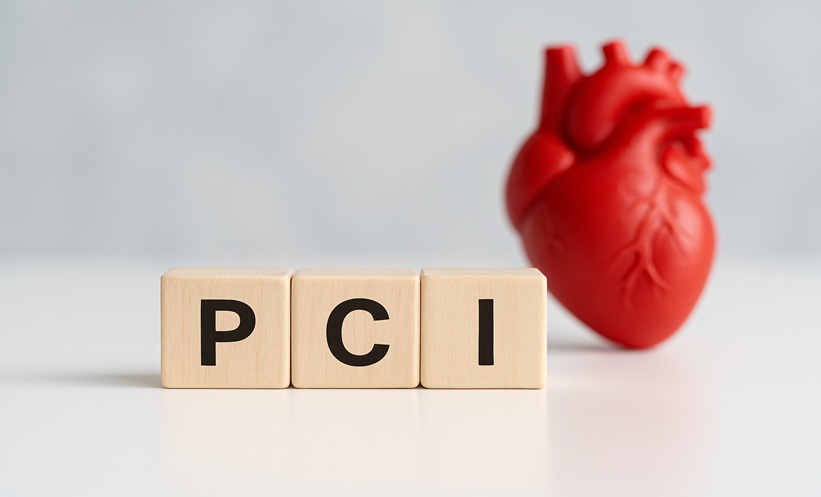CATHETER ablation in patients with congenital heart disease is highly effective, with a high acute success rate and low complication rate, though recurrence varies by arrhythmia and underlying heart defect, according to a large French nationwide study.
Congenital heart disease (CHD) affects a substantial proportion of the population and is often complicated by arrhythmias, which can significantly impair quality of life and prognosis. Catheter ablation has become an important treatment option, but most evidence to date has come from small, retrospective studies. This prospective, nationwide registry sought to provide contemporary, robust data on the outcomes of catheter ablation in patients with CHD, aiming to inform clinical decision-making and improve patient care.
From 2020 to July 2024, data were collected from 28 centres across France, including all patients with CHD referred for catheter ablation. In total, 1,135 ablation procedures were performed in 998 patients (mean age 46.1 years, 55.5% male). The main arrhythmias targeted were atrial flutter or tachycardia (59.6%), atrial fibrillation (17.2%), ventricular arrhythmias (16.6%), and atrioventricular reentrant tachycardia (3.3%). Acute procedural success (defined as successful ablation of the clinical arrhythmia) was achieved in 94.4% of cases. Acute complications occurred in 3.8% of procedures, with one death reported (0.1%). The mean number of arrhythmias targeted per procedure was 1.5. Acute success rates exceeded 90% for all arrhythmia types except ventricular arrhythmias (86.7%). At one and two years, recurrence-free rates were 77.3% (95% CI: 74.2–80.4) and 68.4% (95% CI: 64.7–72.3), respectively, with notable variation depending on the type of arrhythmia and the specific CHD substrate.
These results demonstrate that catheter ablation is a safe and effective treatment for arrhythmias in patients with CHD, with high acute success and low complication rates. For clinical practice, this supports the use of catheter ablation as a first-line intervention for most arrhythmias in this population, although clinicians should be aware that recurrence rates vary and may be higher for certain arrhythmias or complex CHD substrates. Ongoing follow-up and tailored management strategies are recommended, particularly for patients with ventricular arrhythmias or more complex congenital defects.
Reference
Waldmann V et al. Catheter ablation in congenital heart diseases: a French nationwide study. European Heart Journal. 2025;ehaf343.








